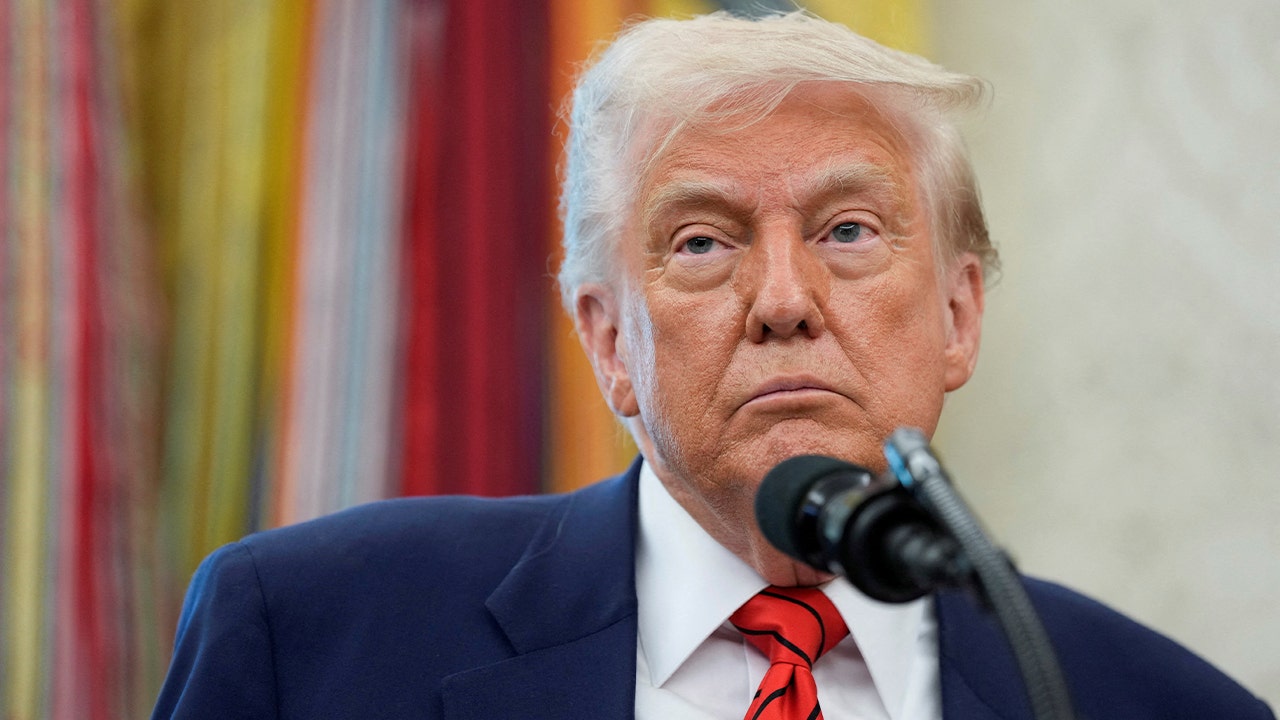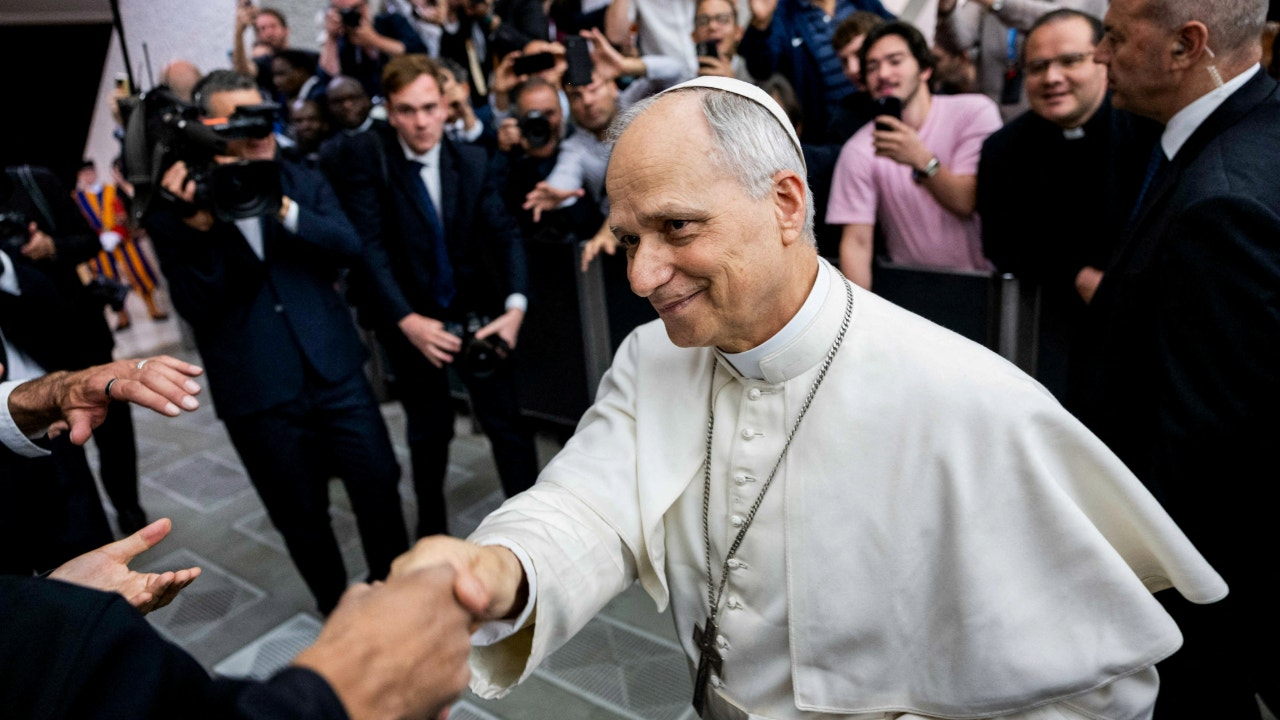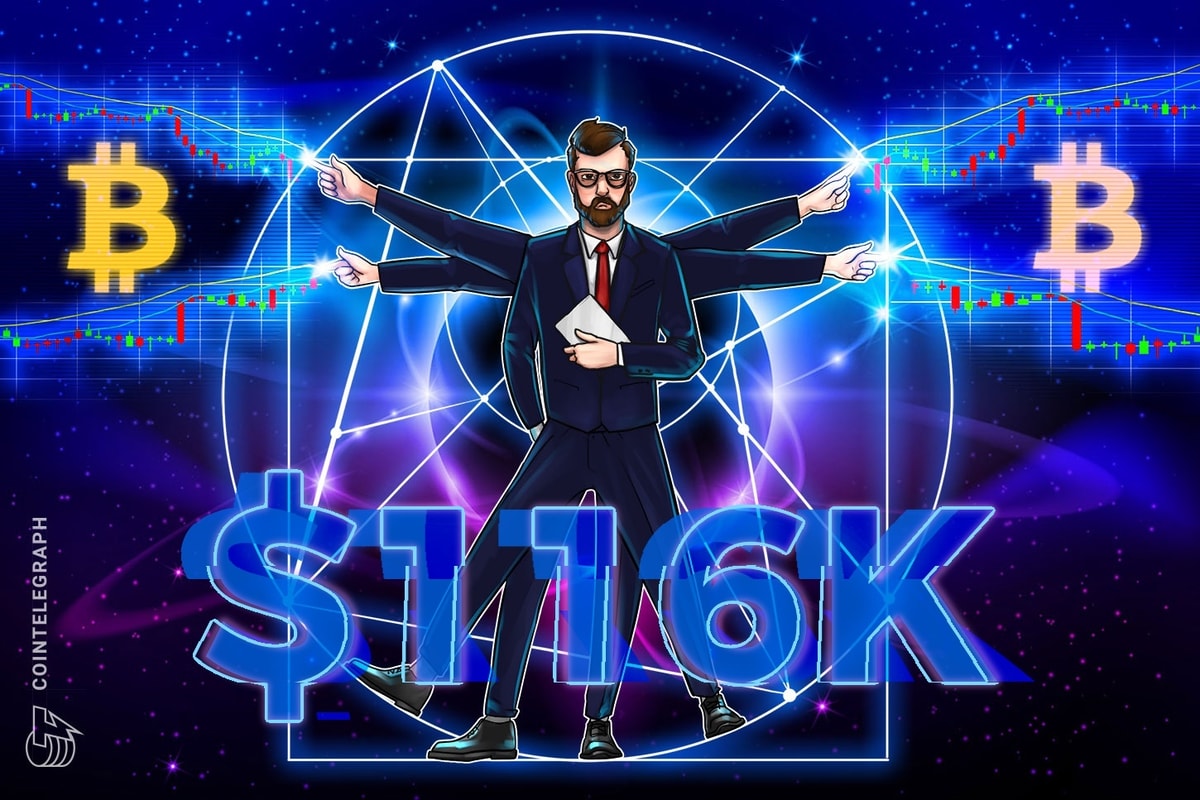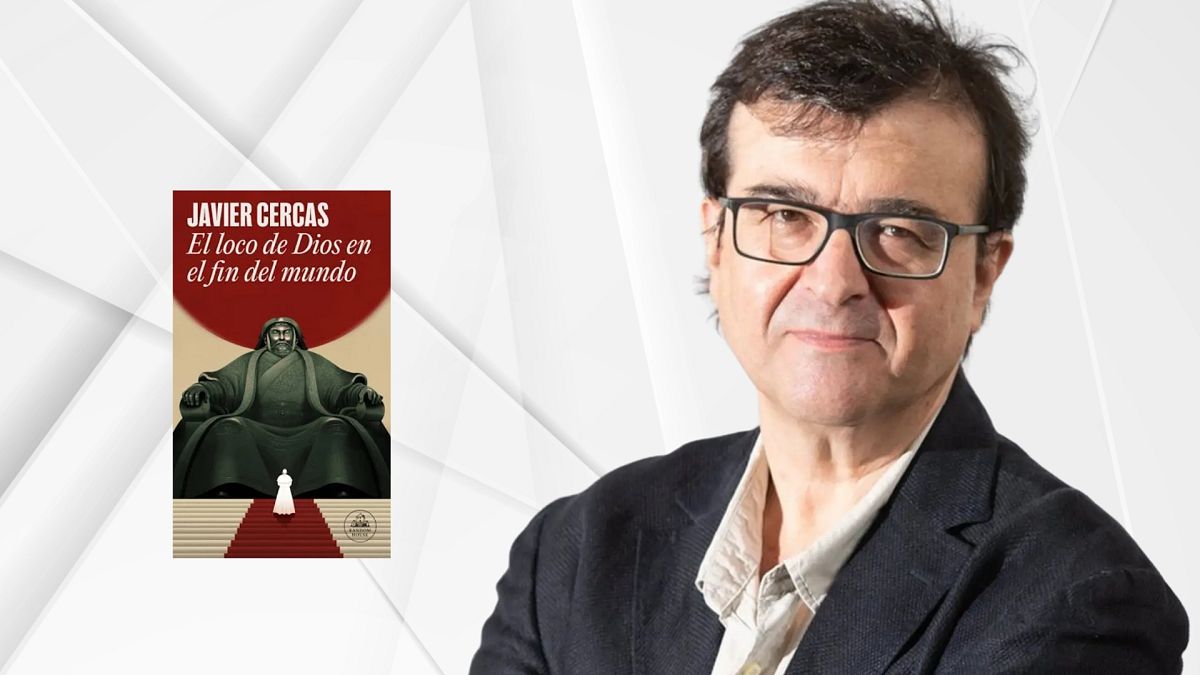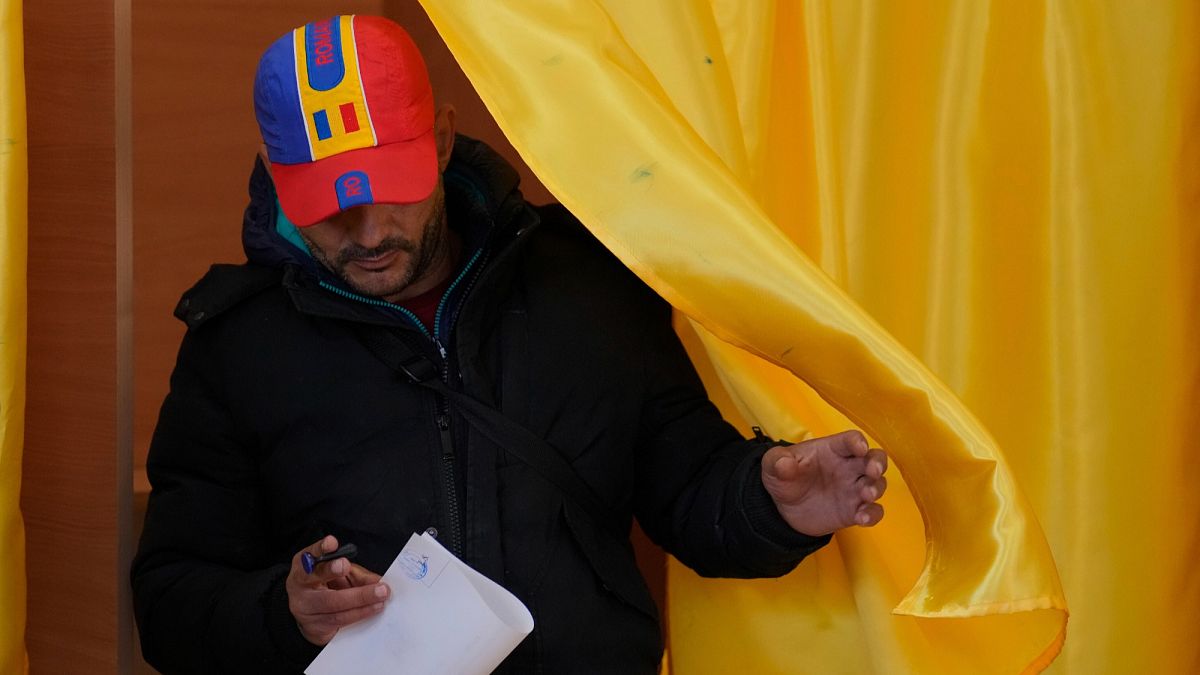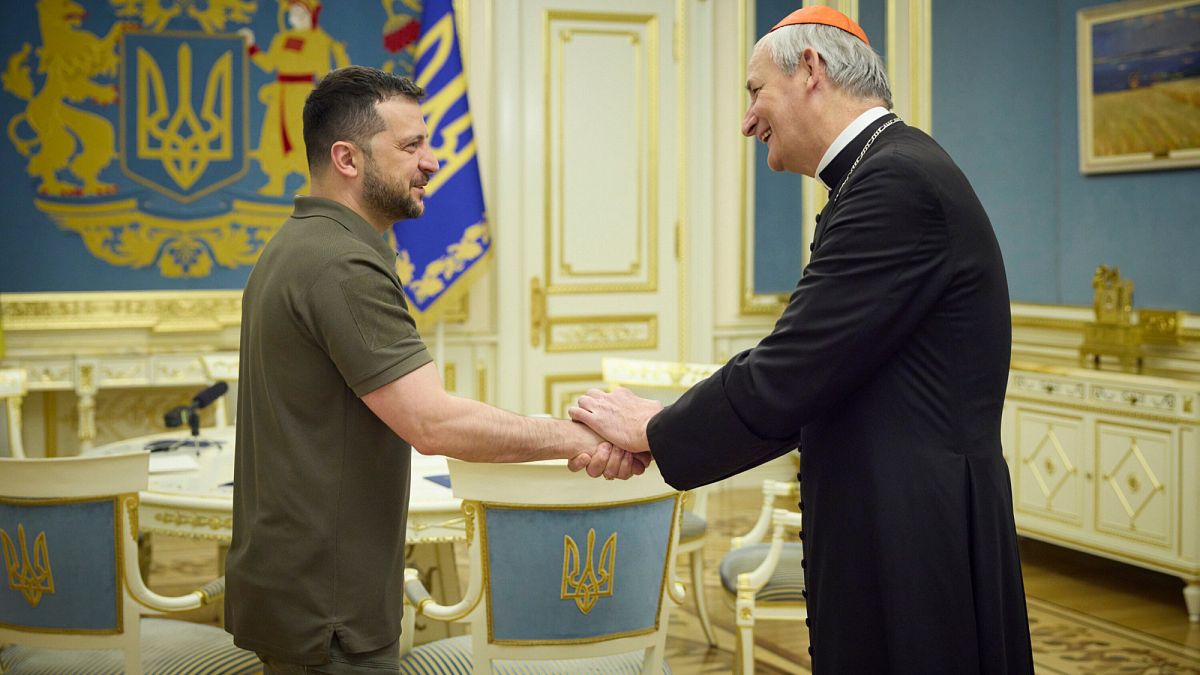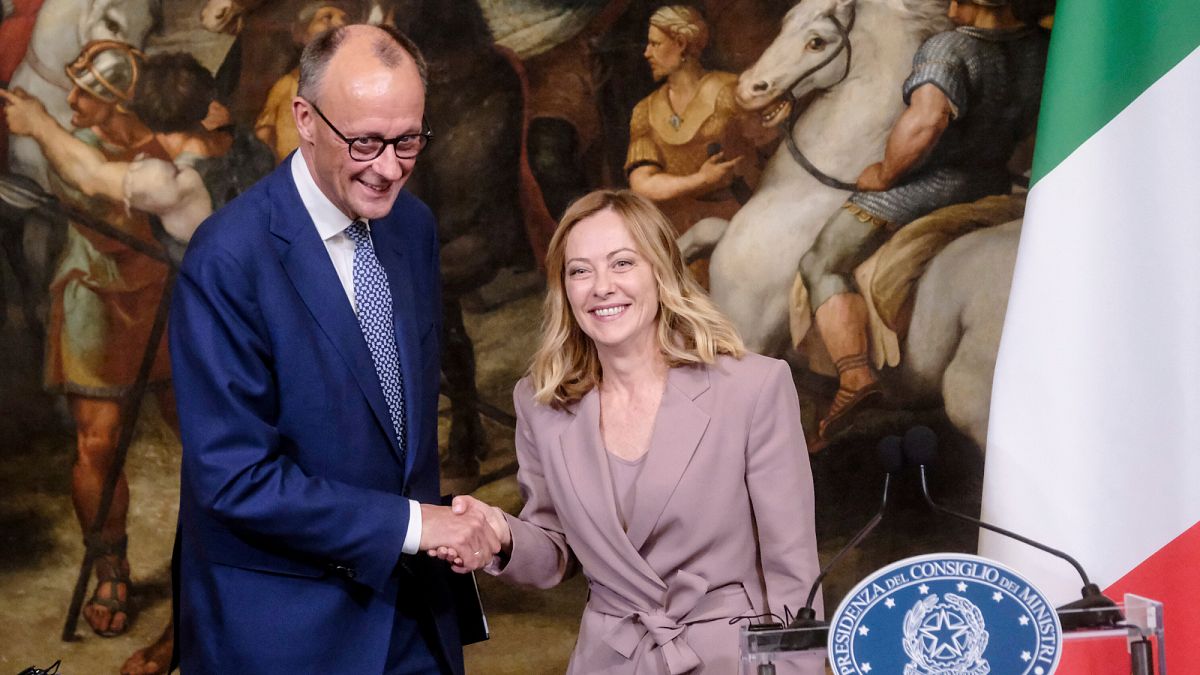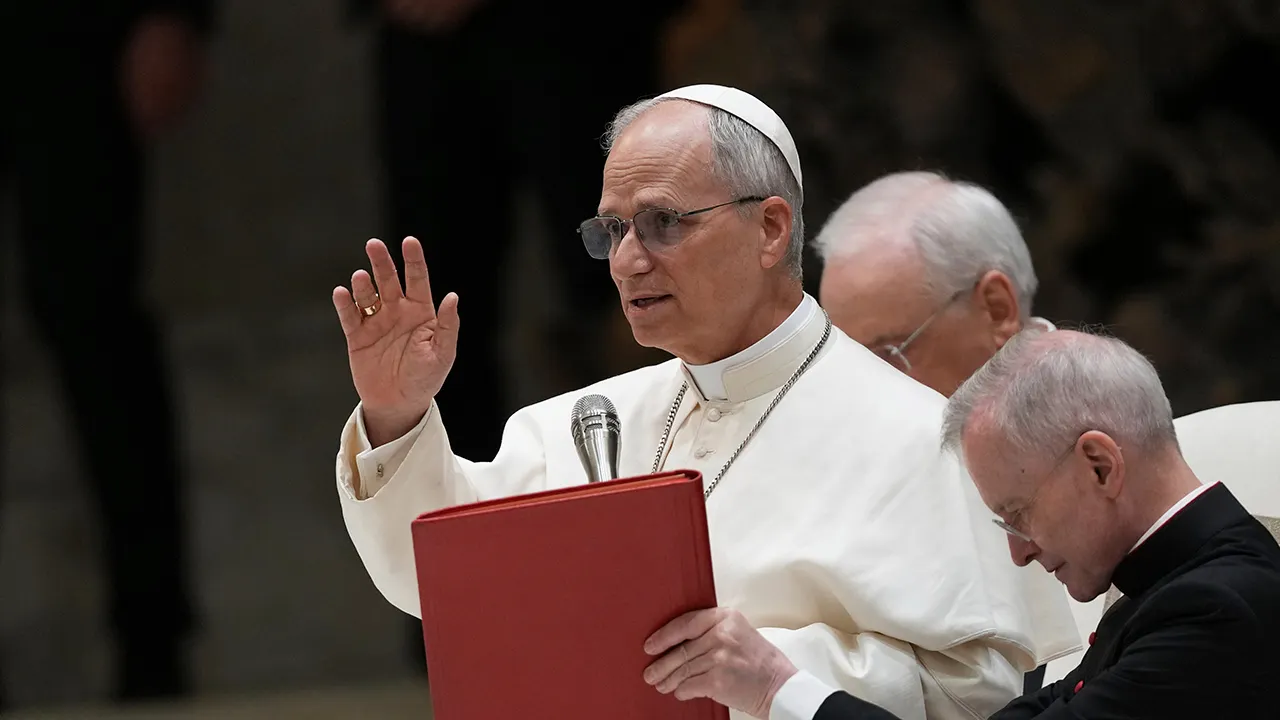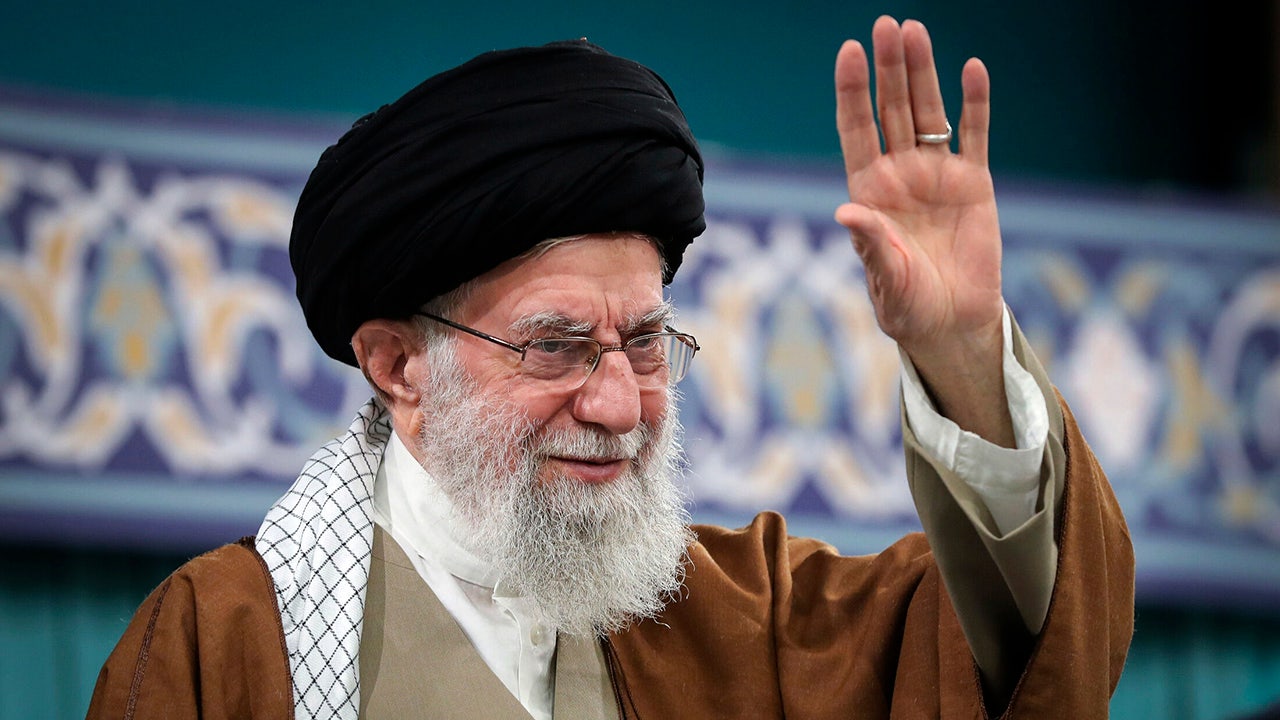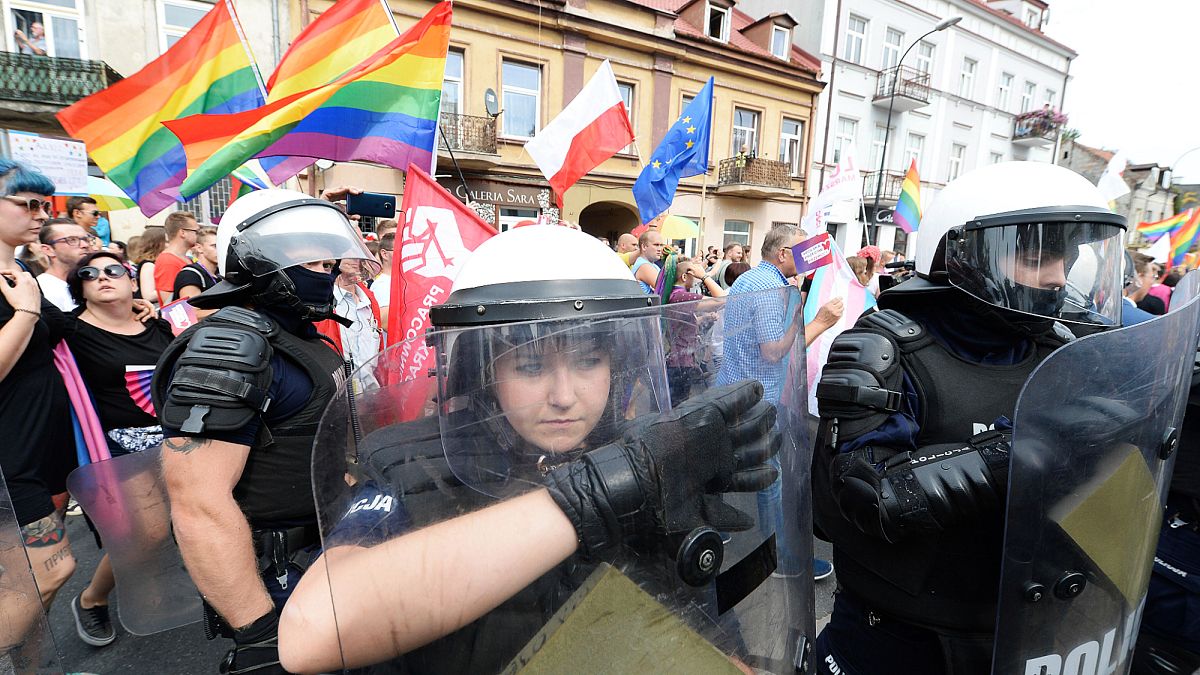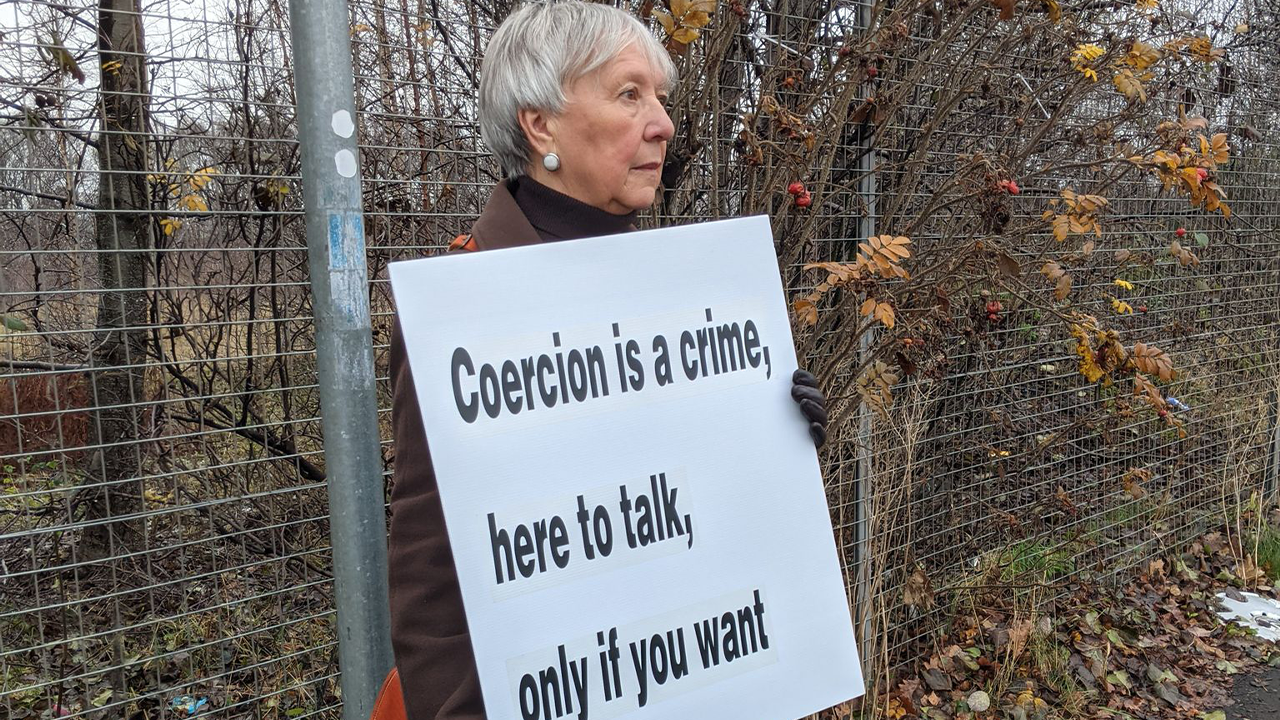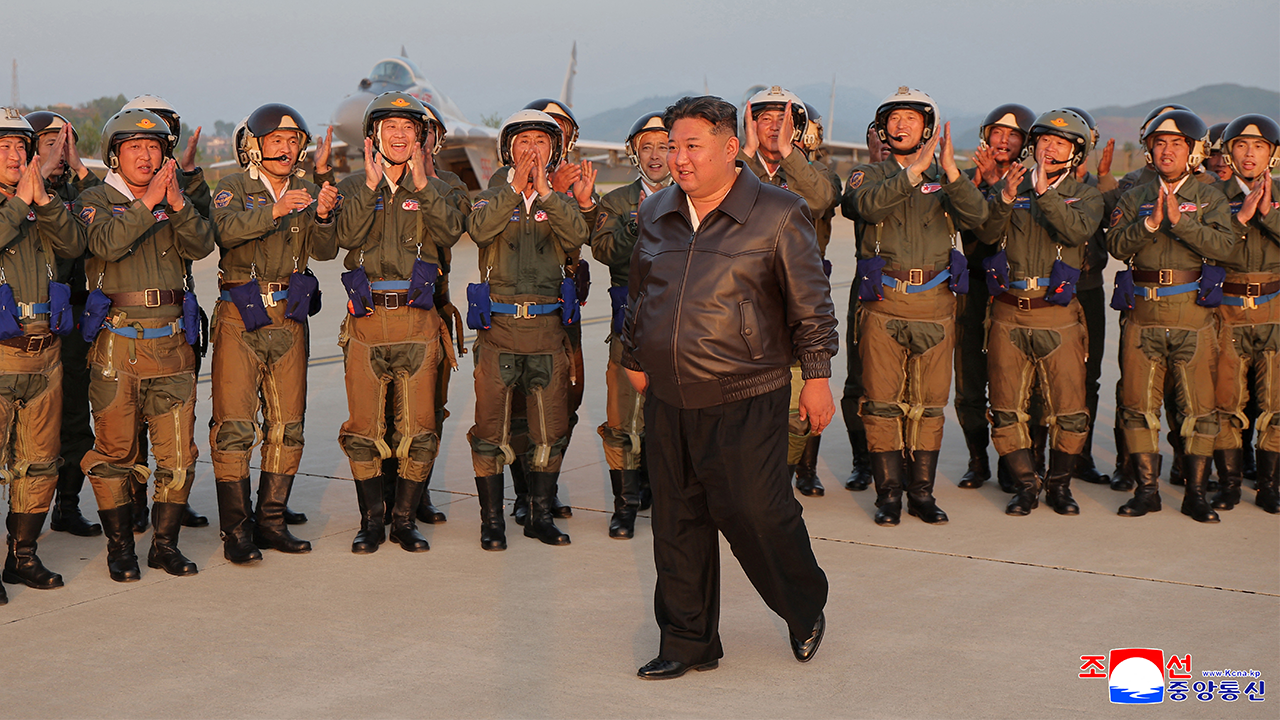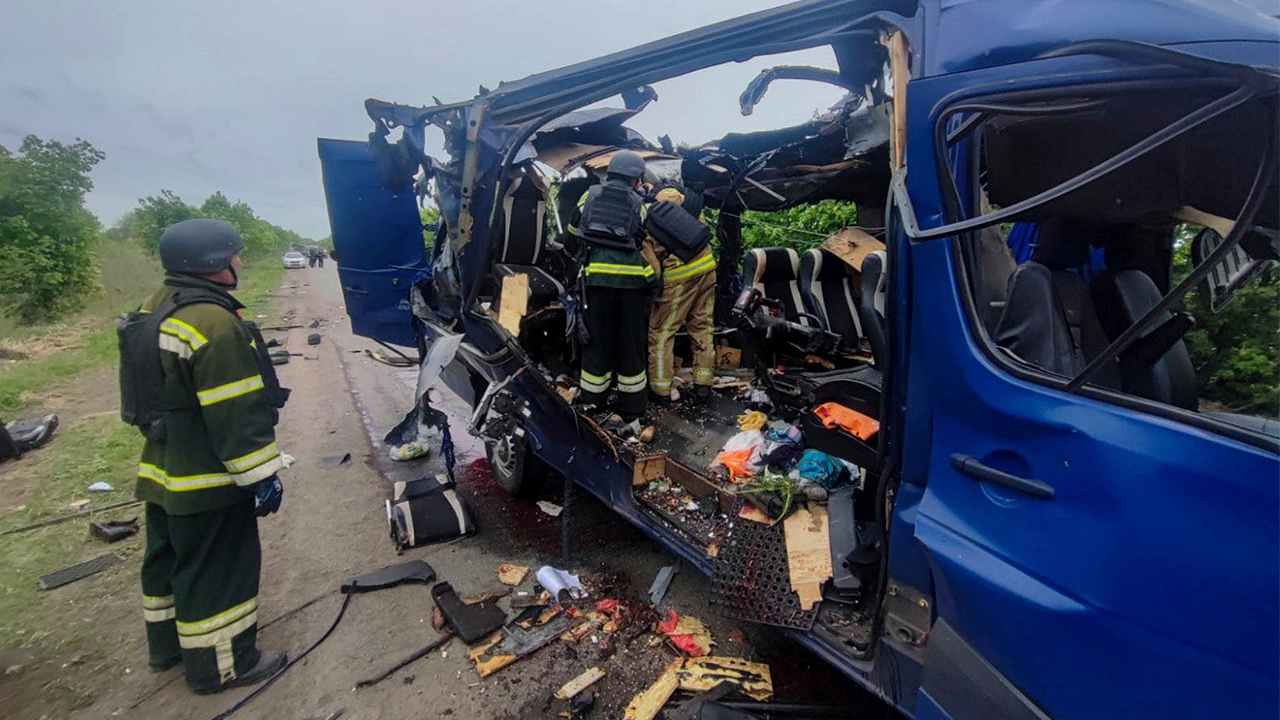Javier Cercas likes to describe his book as a non-fiction novel, a mixture of chronicle, autobiography and biography (of Pope Francis). “It is impossible to invent something as exotic and extraordinary as the Vatican. Believe me, it’s totally impossible. Why would I make it up?” The Vatican opened its doors wide to him and for two years he was able to meet a whole series of high-ranking officials.
“It’s part of what was unusual about this pope. He was able to open doors. The Church had never done that before, opening the doors of the Vatican to a writer to ask questions, to talk, to discuss, to see whatever he wanted to see and to write whatever he wanted to write,” explains Cercas.
He accepted the commission despite not being a believer. “For me it was an extraordinary opportunity. I have sometimes been asked: how could you accept something like this, being an atheist and anti-clerical? My answer is: how could I not accept something like that?
Javier Cercas travelled with Pope Francis to Mongolia where he was able to speak with missionaries and even with the pontiff himself. To write the book he had to overcome his own prejudices and his wife’s warning that he could end up whitewashing the Church.
When asked if Pope Francis was a revolutionary, he responds with reflection. “If by revolutionary you mean a pope who has changed Christian doctrine, the answer is no. He has not changed anything against what they say. He has changed nothing against what the forerunners say or it is irrelevant what he has changed. Now, if by revolutionary we mean a Pope who tries, as Vatican II wanted, to return to the primitive Church, then yes,” says the Spanish writer.
Cercas prefers to speak of a disruptive Pope because “for many people in the hierarchy, for many priests, but also for many ordinary Catholics, he has been very disturbing”.
‘A pope can’t just do whatever he wants’
From his conversations in the Vatican, he concludes that Pope Francis raised many fundamental issues, such as the role of women in the Church or paedophilia, and tried to put the means to solve them. But things are moving slowly in an institution with so many centuries of history. “This idea that the Pope does whatever he wants is false. It’s one of the things that we lay people think works like that. But it doesn’t work like that. The Pope cannot do whatever he wants”.
In his opinion, Pope Leo XIV will continue the reforms of his predecessor, but respecting the forms and with greater moderation. He recalls that Pope Francis, already on the first day, appeared on the balcony of St. Peter’s Basilica without the papal vestments, while Leo XIV wore them. “The outcome of this conclave is a pope, to a large extent, who will be a continuation of Francis, I have no doubt,” he says. But the changes may be slow, since, according to Cercas, “to carry out this revolution you don’t need one pope, you need 55 popes”.
He explains that the American Robert Prevost has at least two facets that could mark the character of his pontificate. “First of all, he is a missionary. And that is the cleanest, most luminous part of the Church”. But, according to Cercas, he also belongs to another part that he describes as “more suspicious”, the Vatican. “This man was a man who was also in the Vatican, who was part of the curia by decision of Francis himself”.
In his book, Cercas poses many theological questions to his interlocutors in interviews that he transcribes throughout the book. And almost obsessively he wants to reach the Pope to ask him about the “resurrection of the flesh” and, more specifically, whether his mother, who is a believer, will be able to be reunited with his father after death. But to find out if the Pope’s answer convinced his mother, you have to read God’s Fool: “That’s at the end of the book. I can’t tell you.”
Read the full article here


